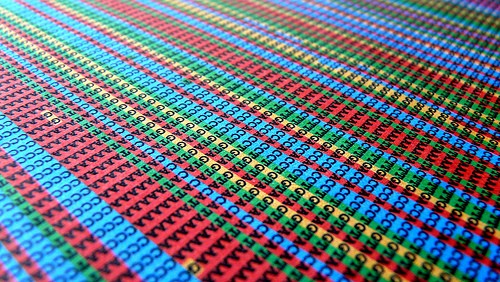Gene Sequencing Still Has a Way to Go: Study

Whole genetic sequencing may not be as beneficial to patients as believed, according to a new study looking into its efficiency.
Sequencing of the entire human genome used to take months, if not years, and proved very costly, but thanks to ever- advancing technologies, genetic sequencing now takes a matter of days and costs a little as $1,000. For years now, scientists have been arguing that the benefits of this sequencing are undeniable, and as things stand they appear to be right. Within the last 12 months alone studies have revealed that the scientific community has identified the potential genetic markers of many dangerous diseases and conditions, including autism, fibromyalgia, bipolar disorder, and even some rare childhood cancers, to name a few. It has been argued that if brought out of the research lab and into a clinical setting, genetic sequencing can become a powerful diagnosis tool for doctors.
However, a study newly published by the Journal of the American Medical Association (JAMA), provides evidence indicating that gene sequencing might not be ready for clinical use. In an exemplary study of 12 adult participants recruited from the Stanford University Medical Center, researchers used whole genome sequencing (WGS) to perform diagnoses over the course of four to five months.
While WGS proved effective in identifying some conditions, effectiveness varied among individuals. The researchers also found that often the WSG mapping of some inherited-disease genes was incomplete. According to the study, depending on the sequencing platform used for a patient's genetics information, 10 to 19 percent of inherited diseases-causing genes were overlooked. Worse, in the cases of some genetic detection, researchers found no physical evidence of the implied condition. According to the study, researchers occasionally disputed on which types of genetic variation detected were important for disease. Lastly, the same researchers disagreed on what results from the WGS were important to report to patients, as they varied in opinion on which results were most meaningful.
The study's authors concluded that while WGS validity in clinical application is improving, it still has a way to go before it is the savior that genetic enthusiasts hail it to be. Because so much about the human genome is still in question, the opinions of experts vary widely, meaning that the accuracy of a WGS diagnoses remains highly dependent on a physician's own interpretation of the data.
The study was published in JAMA on March 12.
Mar 12, 2014 03:03 PM EDT





